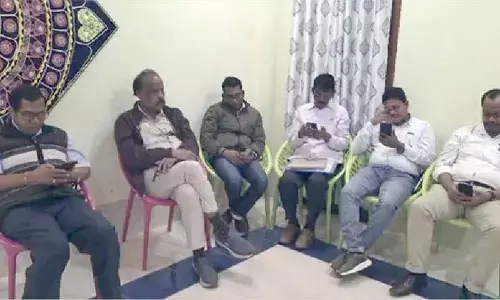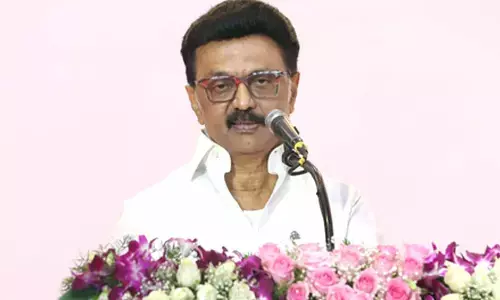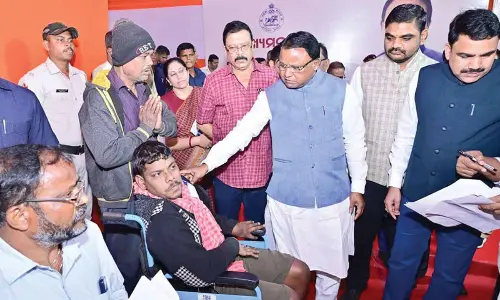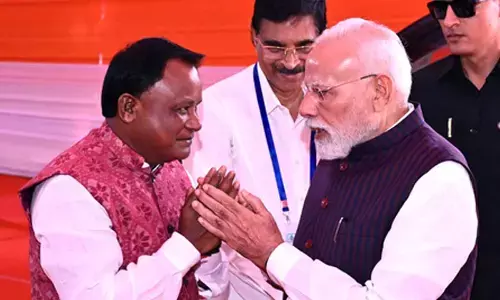Right mix of medicine need of the hour
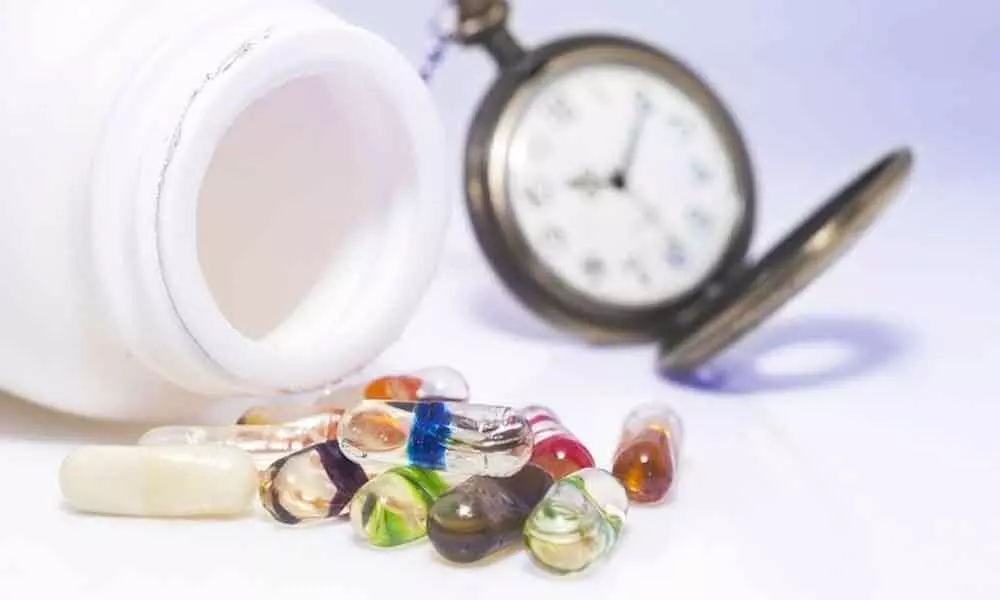
Right mix of medicine need of the hour
Any medicine appears to be effective should go for clinical trials: Dr Krishna Reddy
Hyderabad: Integration of different forms of medicine was the need of the hour. This will help in reducing the cost of medicare and the patients too will have a choice of which system to opt for. The only condition is that the medicines offered by different systems should be checked for side effects.
It has to be assessed just as we do for allopathic medicines, says ACCESS Health International India Country Director Nallamalla Krishna Reddy.
Speaking exclusively to The Hans India, Dr Krishna Reddy said while the integration of modern medicine is necessary, there is a need to insist on two things. First: Is it safe? Second: Will it have any adverse effects? Whether it is a homeopath, Unani or Ayurveda if these two aspects need to be addressed.
"We have to study what the side effects are on 100 people who are given the medicine and 100 without medicine. That is how we assess modern medicine and the same thing we must do for Ayurveda or any other form.
He said while integrated medicine is the new norm abroad, here it is not yet so popular because people are not aware that a lot of Ayurvedic preparations are subjected to vigorous scientific studies.
There is also a regulatory body for Aayush drugs. One of the reasons for high pricing in allopathy is that the private companies spend almost 600 million dollars to get approval from FDI for their drug.
When asked about the alert regarding Covid third wave, he said the government should take all measures to educate people on Covid appropriate behaviour like wearing masks and following Covid guidelines. Do not let the guard down. If need be wearing masks should be brought under the legal mandate and impose fines for failure to do so. "The government should be ruthless and stringent. This message has to be sent to all," he said.
He said people like the Prime Minister, Chief Ministers and public representatives should be role models in Covid appropriate behaviour. There would be no need for a lockdown if everyone properly wears a mask. Governments should avoid going in for elections as they did during the second wave, he felt.
The government should see that greater awareness is created among people on vaccination to drive away resistance in taking the vaccine shots. "Another major problem is about demand and supply of vaccine and not its efficacy," he said.
"Despite advances in medicine, people continue to suffer from unrelieved chronic pains, unexplained physical symptoms and a growing burden on non-communicable diseases and mental illness. All these points are just the tip of an iceberg. We still need to know a lot about the human body," Dr Reddy said.
"On modern healthcare being cost-intensive, he said it is multi-factorial. In different countries, in different systems, there are different reasons. For example, in the US everybody is insured and there the payment system is 'fee for service'.
That is if they do a procedure, they get paid for that. If they do a costly procedure, they get paid more. Earlier, people were on salaries, there was no incentive to do more. We also developed that system here which is only in the private sector," he explained. "Another factor is the cost of healthcare in the US is 20 per cent of GDP and in India it is 3.8 per cent of the GDP.
This is what we at ACCESS Health International do. We advise on how to protect people against financial catastrophe. There is a sustainable development goal UHC (Universal Health Coverage), which says your out-of-pocket expenses should be less than 20 per cent of your total expenses if not 20, it should be less than one-third. In India it is two-thirds.
The Pradhan Mantri Jan Arogya Yojana (PMJAY) is in the direction of bringing as many people as possible under financial protection. The Ayushman Bharat is also in the direction of reducing the financial costs. Let's hope things will change in our country too," he said.


